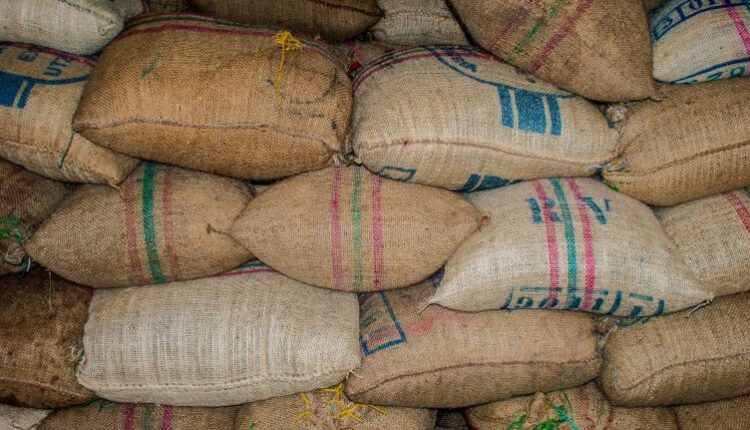Ugandan Coffee Farmers Benefitting From Price Hikes – CoffeeTalk
As global coffee prices continue to rise, farmers are set to benefit for a longer period, with factors contributing to the surge still ongoing. As of March 18, farmgate prices for coffee in Uganda are as follows: Kiboko: Shs 7,800-8,500, FAQ: Shs 15,500-16,000, Arabica Parchment: Shs 13,500-14,500, and Drugar: Shs 19,000-20,000 (MAAIF).
Globally, prices for Mild Arabica, the most sought-after variety, average $409.52 per 100 kilograms. A recent study by the Food and Agriculture Organization (FAO) indicates no signs of a price decline shortly. Coffee farmers, especially smallholders, are poised to reap significant benefits, while consumers brace for higher costs. Unfavourable weather conditions in key coffee-producing countries, especially affecting Arabica, saw prices soar by 58% compared to the previous year. Robusta, typically used in instant coffee and blending, experienced an even sharper rise of 70% in real terms. The price gap between Arabica and Robusta has significantly narrowed for the first time since the mid-1990s. Market analysts suggest that if production challenges persist in major coffee-growing regions, prices could rise further.
Last year, price increases averaged 40%. Several major coffee-producing countries have reported significant declines in output due to extreme weather patterns. Vietnam, the world’s second-largest coffee producer, suffered a 20% drop in production during the 2023/24 season due to prolonged dry weather, leading to a 10% decrease in coffee exports for the second consecutive year. Indonesia experienced a 16.5% decline in coffee production due to excessive rainfall in April and May 2023, damaging coffee cherries and causing a 23% drop in exports. In Brazil, the world’s largest producer of Arabica coffee, dry and hot weather conditions led to multiple downward revisions of its 2023/24 production estimates.
Beyond weather-related challenges, rising shipping costs have also played a role in pushing coffee prices higher. FAO’s analysis found that increased freight rates have had a direct and statistically significant impact on international coffee prices. By December, coffee prices in the United States had risen by 6.6% compared to the same period in 2023, while in the European market, they increased by 3.75%.
Read More @ The Observer
Source: Coffee Talk



